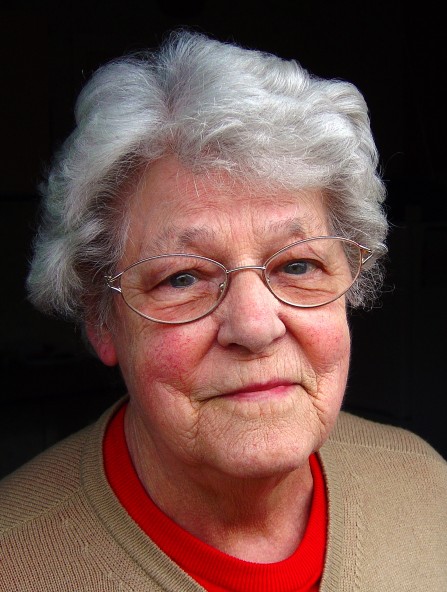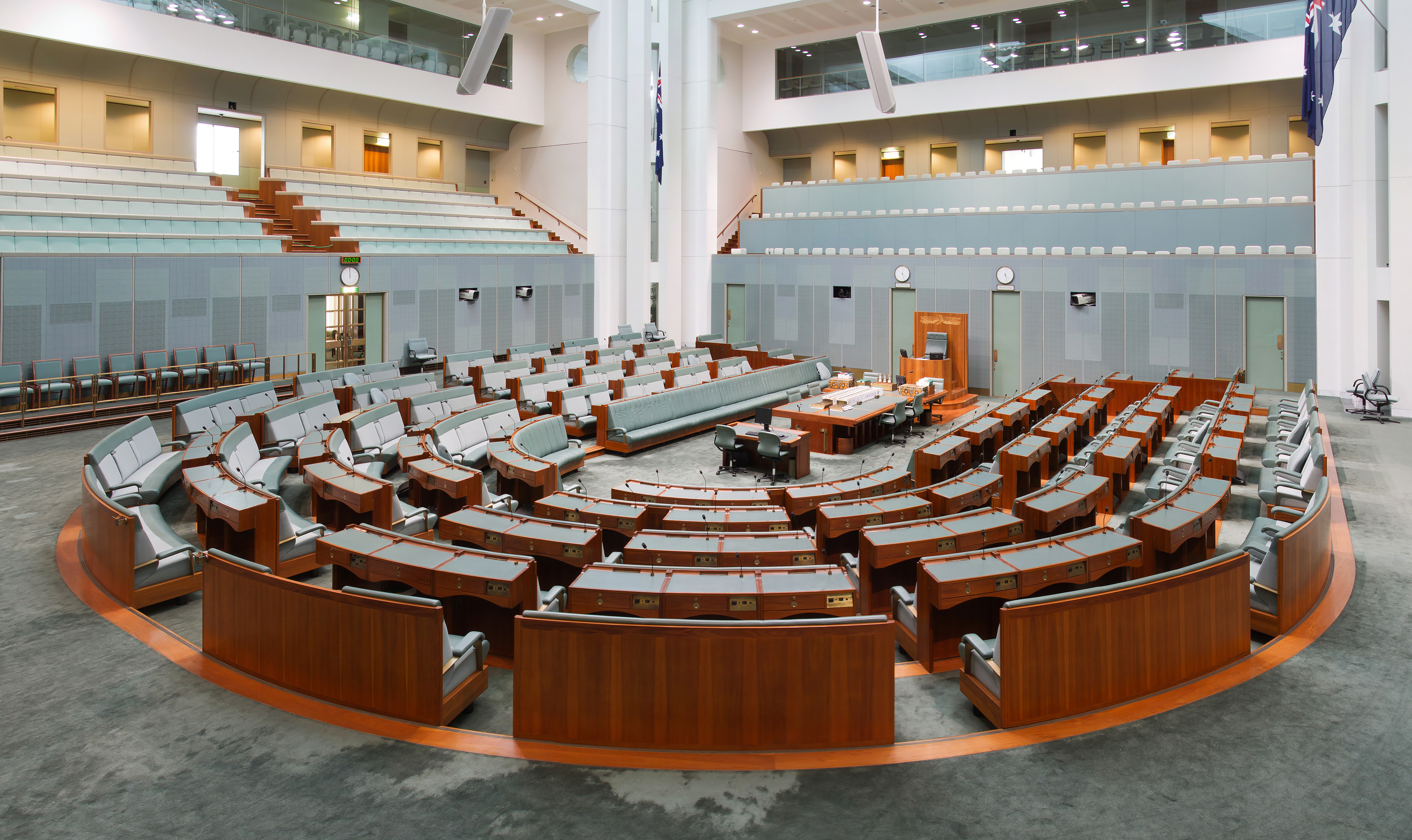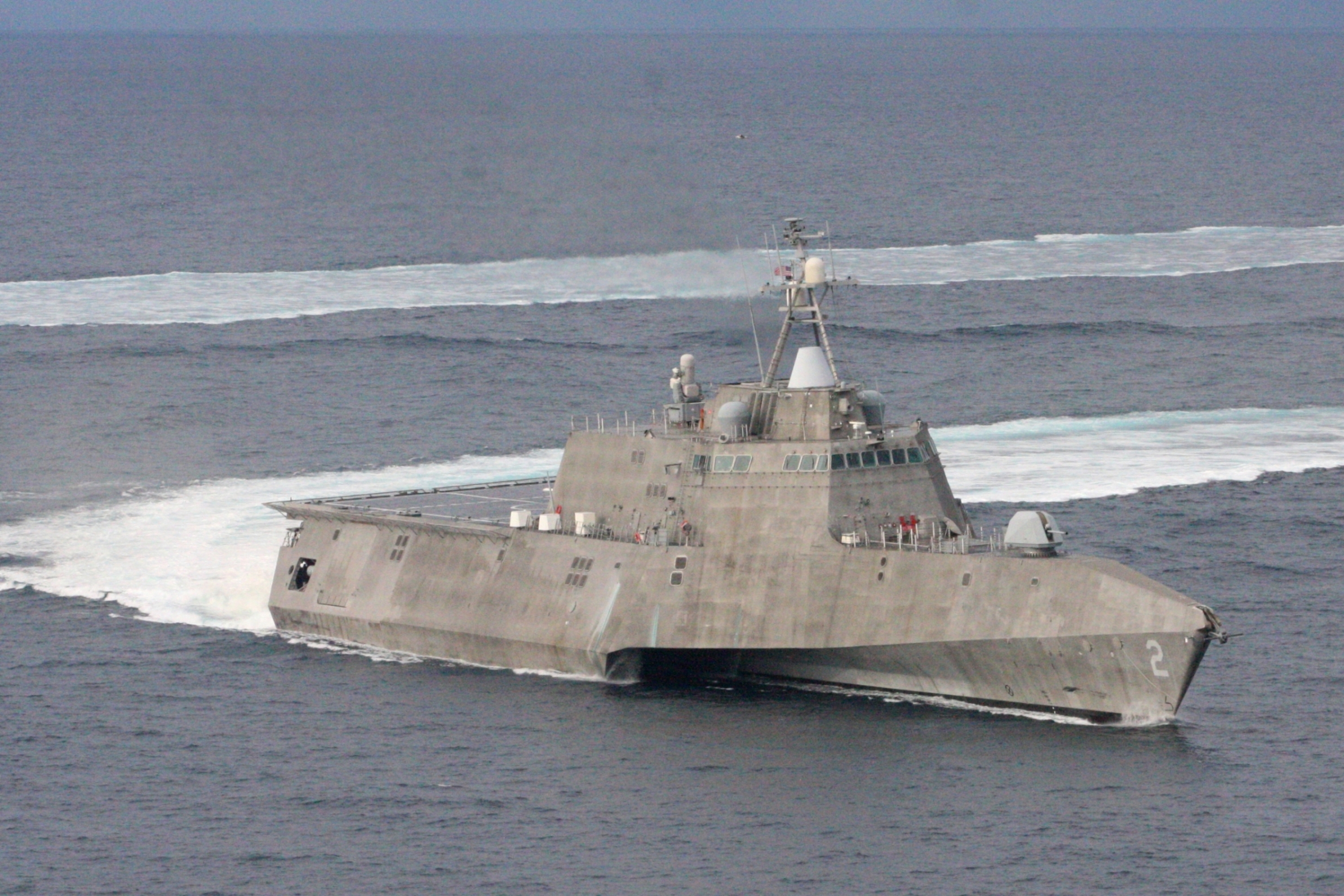 |
| Image: Coen (Wikimedia Commons) |
November 29, 2013
Extending income management in Cape York
November 28, 2013
Quantitative easing - What do we know about the Fed's exit strategy?
 |
| Image source: Wikimedia commons |
For much of this year there has been speculation about when
the US Federal Reserve (the Fed) will begin tapering quantitative easing (QE)
as a first step to normalising monetary policy. This would be a welcome
development for Australia because the Australian dollar, which remains at
uncomfortably high levels, would likely depreciate. This note provides a quick
summary of what the Fed has said about its exit strategy. It follows on from an
earlier flagpost Exiting quantitative easing – the need for
a deft touch and some luck.
Labels:
US economy
November 27, 2013
Legislation and the financial initiative: what happened to the Opposition amendments to the Carbon Tax Repeal Bills?
The Clean Energy Legislation (Carbon Tax Repeal) Bill 2013 and other related Bills passed the House of Representatives on 21 November 2013 with no amendments. While this is not an unusual occurrence, what is notable is that Opposition amendments to the package of bills were not debated during the consideration-in-detail stage.
Abolishing free legal advice to asylum seekers — who really pays?
 |
| Image source: unhcr.org |
November 25, 2013
Removing employer responsibility for Paid Parental Leave
 |
| Image: Wikimedia Commons |
The Government's reason for making the change is to 'ease administrative burdens on business'.
Currently, in most cases, the Commonwealth Government funds employers to provide instalments of PPL to their eligible long-term employees for up to 18 weeks at the National Minimum Wage (currently $606.50 per week).
How much does working until 70 save the budget bottom line?
 Last week, the Productivity Commission released a research paper on the ‘economic issues raised by population ageing’, which included a recommendation to raise the age for eligibility for the Age Pension to 70. This proposal has been widely condemned by interest groups including the ACTU and National Seniors Australia, with one group claiming that implementing the policy would ‘see grandmothers and grandfathers joining the dole queue’. A Grattan Institute report released yesterday also includes this proposal as one of the ‘tough choices’ that may be required to balance the budget.
Last week, the Productivity Commission released a research paper on the ‘economic issues raised by population ageing’, which included a recommendation to raise the age for eligibility for the Age Pension to 70. This proposal has been widely condemned by interest groups including the ACTU and National Seniors Australia, with one group claiming that implementing the policy would ‘see grandmothers and grandfathers joining the dole queue’. A Grattan Institute report released yesterday also includes this proposal as one of the ‘tough choices’ that may be required to balance the budget.The Hung Parliament: procedural changes in the House of Representatives
 |
Image source: Wikimedia
|
November 21, 2013
Housing affordability and social housing
 |
| Image source: Wikibooks |
According to the recently abolished National Housing Supply Council (NHSC) the fundamental problem is one of supply and demand. As a result of a number of factors, chief of which are: Australia’s growing and ageing population; the trend toward smaller household sizes and larger dwelling sizes; major changes in household composition and relationships; taxation policy; land release and zoning; and labour costs, the NHSC argues that housing supply is simply not keeping up with underlying demand. As at June 2011, the Council estimated this shortfall at 228,000 dwellings. It projects growth in the overall gap between demand and supply to increase to 370,000 dwellings by 2016 and 492,000 dwellings by 2021.
Gambling reforms to be wound back
 |
| Image: Victorian Government |
On the 20 November 2013, the Minister for Social Services, Kevin Andrews introduced the Social Services and Other Legislation Amendment Bill 2013 to the House of Representatives. Among a host of amendments to various social welfare, higher education and income support arrangements, the Bill proposes to significantly wind back national gambling reforms that were intended to address problem gambling associated with electronic gaming machines (EGMs), or pokies.
Labels:
gambling,
poker machines
November 20, 2013
The disputed 2013 WA Senate election
The initial count of the Senate vote in Western Australia gave the last two Senate seats to Palmer United Party (PUP) candidate Zhenya Dio Wang and ALP candidate, sitting senator Louise Pratt. However, the closeness of the result (14 votes separated two minor parties at an important point in the count) was challenged by defeated candidates sitting senator Scott Ludlam (Australian Greens ) and Wayne Dropulich (Australian Sports Party). As a result on 2 October, the Australian Electoral Commission (AEC) deferred the formal announcement of the six successful candidates. The next day (3 October) the AEC turned down the appeal for a recount by Ludlam and Dropulich because they ‘did not identify any specific issues which would have warranted the conduct of a recount’. As allowed under section 278(2) of the Commonwealth Electoral Act 1918 the two candidates appealed directly to the Australian Electoral Commissioner Ed Killesteyn.
Total recall: the 2006 Papuan asylum seeker incident and Australia-Indonesia relations
 |
November 18, 2013
Littoral combat ships - lessons learnt from the US
Less than a fortnight after the 2013 federal election, the new Defence Minister David Johnston indicated that the protection of Australia’s exports through maritime security would be a major Defence priority. In order to achieve this, the Minister claimed that ‘our navy needs a suitable mix of high-end war-fighting capabilities’ and accordingly, consideration should be given to acquiring littoral combat ships (LCS). This article summarises the US experience of acquiring LCS and outlines some key benefits and challenges the US has faced.
 |
Image source: Wikimedia commons
|
A return to Temporary Protection Visas?
 |
| Image source: Australian Human Rights Commission |
Electoral quotas for women: an international overview
 |
| Dorothy Tangney DBE Image source: Wikimedia Commons courtesy Australian Freedom of Panorama |
Labels:
Parliament,
women
November 14, 2013
November 13, 2013
Immigration: We can choose our skills, but we can't choose our family
 |
| Picture source: DIBP |
Migration Program planning levels fluctuate according to the political, social and economic imperatives of the government of the day. In the mid-1970s, the planned annual intake reached a low of 50,000 places and gradually climbed to the 1988 peak of 145,000 and then reduced to 80,000 by 1993.
November 12, 2013
Aung San Suu Kyi and Australia’s new relationship with Myanmar
 |
| Image source: Wikimedia commons |
Subscribe to:
Posts (Atom)

